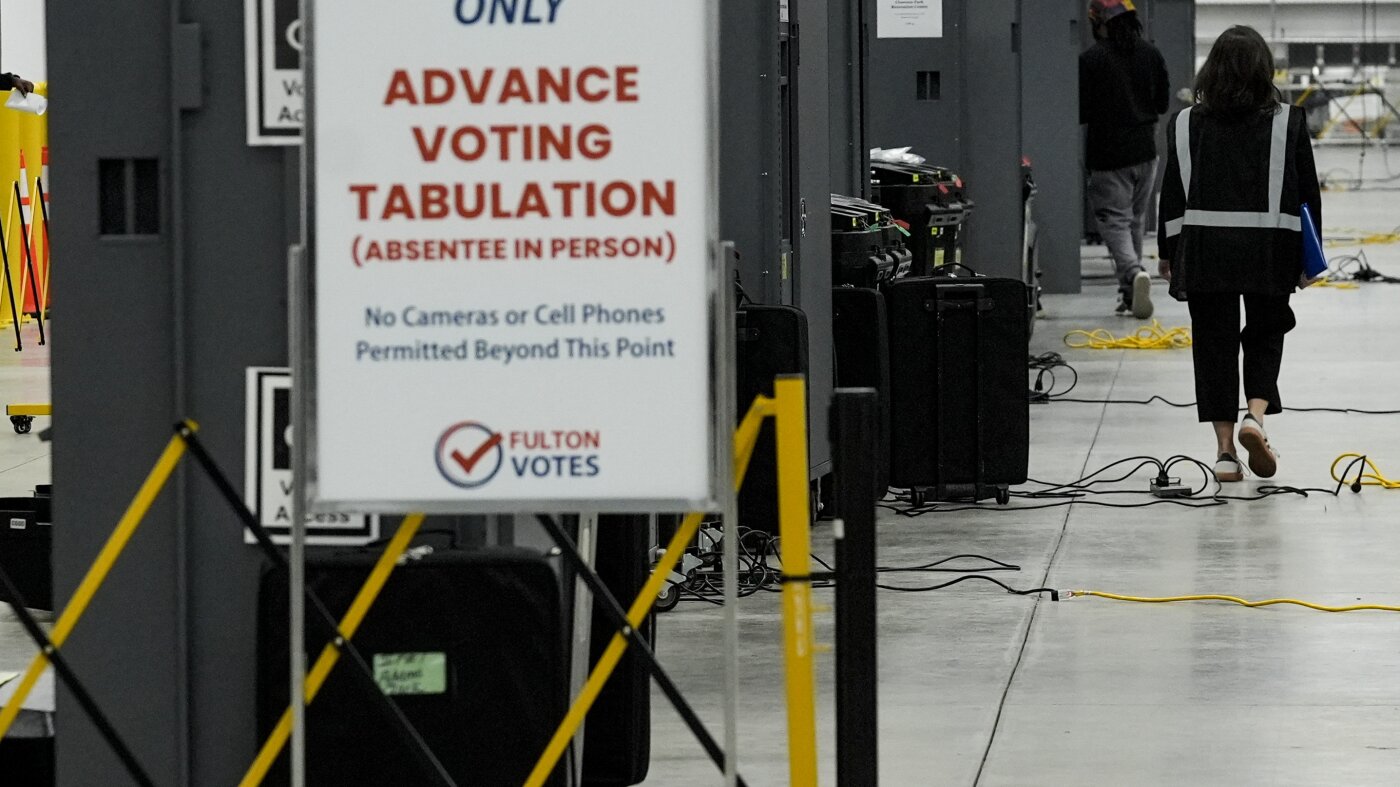Brussels plans to hit Tesla cars imported into the EU from China with tariffs of 19 per cent, a lower rate than those for Chinese electric-vehicle makers.
The European Commission said on Tuesday that Teslas manufactured in China could be subject to an additional levy of 9 per cent on top of existing duties of 10 per cent applied to all foreign-made cars.
The announcement comes after Tesla requested an individual investigation into its operations in China in the hope of avoiding the higher rates that Brussels has applied to Chinese manufacturers of up to 47 per cent.
Elon Musk’s car company had also complained to European capitals about the probe, an EU diplomat said.
Tesla did not immediately respond to a request for comment.
EU officials claim that the US company’s Chinese operations have benefited from subsidised rates for land, income tax reductions and other support from Beijing, including beneficial rates when buying batteries.
The levies are part of a more aggressive approach by the EU against heavily subsidised imports from China, particularly in technologies critical for the transition to green energy, including solar panels and wind turbines.
They are the result of an investigation announced by commission president Ursula von der Leyen into Chinese electric vehicle imports last September.
Brussels said that the probe was based on “growing evidence-based concerns about the recent and rapid rise in low-priced exports of electric vehicles coming from China to the EU”.
China’s commerce ministry on Tuesday said the investigation was an act of “unfair competition”.
The EU “abused the method of sampling to treat different types of Chinese companies differently and distorted the results of the investigation,” said a spokesperson for the ministry. “China firmly opposes and is highly concerned about [the final ruling].”
Beijing had provided “tens of thousands” of pages of documents to defend itself in EU’s anti-subsidies investigation and both sides had held more than 10 rounds of negotiations since the end of June, the spokesperson added.
The Chinese Chamber of Commerce to the EU said it was in “firm opposition” to the tariffs and that there was not “sufficient evidence” to show that the European EV industry would be affected by Chinese imports.
“The competitiveness of electric vehicles made in China is not driven by subsidies but by factors such as industrial scale, comprehensive supply chain advantages and intense market competition,” it added.
China has retaliated to the EU probe by filing a complaint at the World Trade Organization and opening its own anti-dumping probes against French cognac and EU pork imports.
After an initial assessment, the commission announced in June that Chinese vehicle manufacturers including BYD and Geely could be subject to higher than expected tariffs of up to 48 per cent on cars imported into the bloc.
On Tuesday, it marginally lowered these rates after the Chinese companies provided more information. The maximum additional levy was reduced by about 1 per cent.
At present, the duties are being paid in the form of bank guarantees ahead of member states’ approval of the measures by an October 30 deadline. If EU countries vote in favour, the duties will be applied for five years.
An EU official said there was a “risk” of Chinese manufacturers stockpiling cars ahead of the tariffs coming into force but added, “it takes time to transport them from China”.
Another said there were “intensive” discussions with Chinese counterparts to find “an alternative solution”.
“We are open to China making proposals that would solve the problem in the same manner as a duty, but it is very much up to them,” the official said.
Europe’s electric vehicle industry has been struggling in recent months as consumer sentiment cools. The withdrawal of subsidies for EV purchases in Germany, for example, has also resulted in “substantial year-on-year losses” for manufacturers, according to Schmidt Automotive Research.
SAR found in a separate report published last week that Chinese manufacturers had increased exports to the EU ahead of the final duties being applied.
Additional reporting by Gloria Li




































